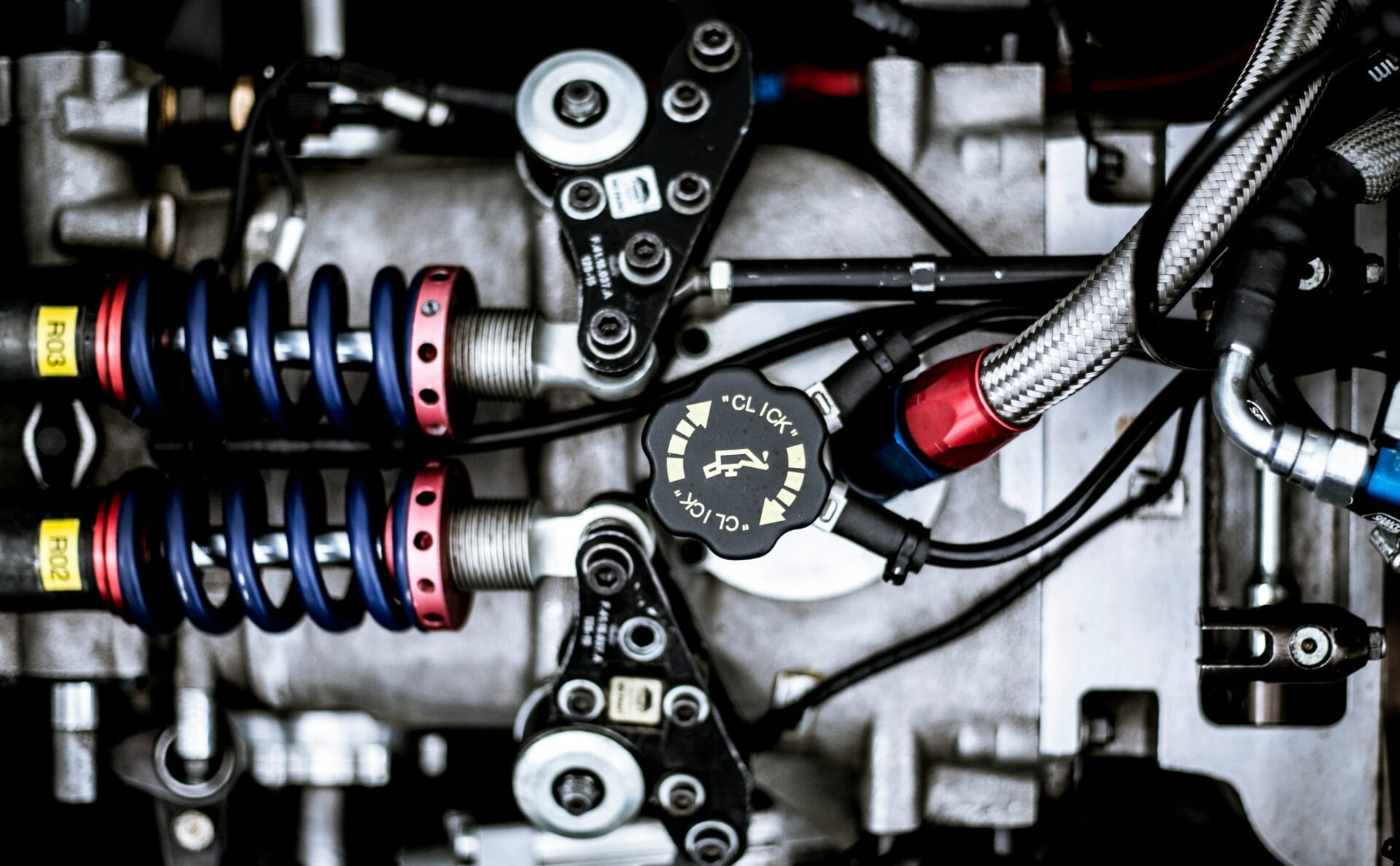Blog
How consumers are exposed to fake water filters on search engines
- Brand Protection

Counterfeit white goods can be found easily through search engines, putting consumer health and safety at grave risk.
Corsearch research reveals that websites offering these potentially dangerous counterfeits goods are often found on search engines, and brands currently have no easy means of having these indexed results removed.
Corsearch is calling for search engines such as Google, Bing, and Yandex to do more to safeguard consumers from fakes before more stringent regulation is required.
The dangers of counterfeit white goods
Counterfeit parts can cause irreparable damage to expensive appliances. Even worse, appliance failure potentially can lead to electrical fires and deadly gas leaks.
When making a purchase of white goods, consumers tend to rely on trusted brands and traditional supply chains – the complexity of these appliances makes it more difficult for infringers to fool consumers.
The costs involved with manufacturing and distributing finished counterfeit appliances also creates a barrier to entry for bad actors.
However, it is replacement parts where the issue lies. Disreputable suppliers seek to fool cost-conscious consumers who search online for cheap replacement parts to extend the life of their white goods.
Fake replacement refrigerator parts such as water filters pose a danger to consumers, who rely on them to filter out contaminants – counterfeits are not up to this vital task.
“Online sales of counterfeit refrigerator water filters are a rapidly growing problem. These counterfeit water filters are sold with misleading and fraudulent labelling, often including illegal use of brand names, logos, and product labels,”the Association of Home Appliance Manufacturers (AHAM) warns in an online public awareness campaign(1).
The group’s independent tests of counterfeit water filters purchased from websites demonstrate the alarming dangers that consumers face from a mistaken purchase:
“[1] Counterfeit filters failed to remove harmful lead from household water. [2] Counterfeit filters failed to remove live cysts from household water. [3] Some counterfeit filters introduced harmful compounds into household water.”
The availability of fake replacement parts through search
One counterfeit website identified by Corsearch was ‘refrigerator-water-filters.com’. The website listed four brands (Whirlpool, Samsung, Kenmore and GE) in its page title to deliberately cause consumer confusion and helped it to appear in search engine results when consumers searched for those brands.
All consumers arrived at this website via organic search. The top 5 keywords used to find the website were associated with genuine refrigerator water filter models: 69625-ct-001, aprilaire ffc20256sg, idylis es 12-id, ph21210 whir, and kohler k20852-na.35[2]

When conducting a search using these search terms on Google.com, ‘refrigerator-water-filters.com’ appeared on the first page of results in 4 out of 5 searches.
Refrigerator-water-filters.com offered a variety of counterfeit brand name and fake replacement water filters that were likely neither safe nor actually compatible with the refrigerators. For example, it offered a filter that it described as a “Whirlpool EDR1RXD1” and another that was described as a “Maytag Puriclean III” alongside pictures of packaging and product that contained brand name logos. The AHAM research suggests that these water filters did not meet consumer water filtration safety standards, potentially exposing unsuspecting consumers to contaminants.
The ‘About Us’ section of the Refrigerator-water-filters.com website noted that the company was headquartered in China where “production and product development takes place”. From there, the products were shipped worldwide. Even though it claimed to produce and develop its own filters, it also falsely claimed that branded items were “original”.

Search Engines: Time to step up
Concern about consumer safety should extend beyond brands and industry groups, as fake replacement parts continue to pose a clear and present danger. A concerted, joint effort is needed to protect consumers, with search engines at the forefront.
Brands are often powerless to act alone, as rogue counterfeit-supporting web hosts are uncooperative with website takedown requests.
Corsearch calls for search engines such as Google to work with brands to establish a swift process to have counterfeit sites removed from results.
REFERENCES
- Association of Home Appliance Manufacturers. “The Danger of Counterfeit Filters: Fake Filters, Real Problems.” May 2018: https://filteritout.org/wp-content/uploads/2018/05/FilteritOut_Report.pdf – This was part of the Filter It Out campaign (https://www.filteritout.org)
- During May 2019. This website’s domain name registration has since expired (17th September 2019).





